Senator John Hoeven, U.S. Senator of North Dakota | Senator John Hoeven Official website
Senator John Hoeven, U.S. Senator of North Dakota | Senator John Hoeven Official website
At a recent Senate Agriculture Committee hearing, Senator John Hoeven discussed with Glen Smith, nominee for Under Secretary for Rural Development at the U.S. Department of Agriculture (USDA), how USDA loan programs could address several priorities in rural America. Smith currently chairs the Farm Credit System Insurance Corporation and is a board member of the Farm Credit Administration.
Senator Hoeven outlined areas where he believes Smith’s experience would benefit Rural Development credit programs. One key initiative discussed was Hoeven’s Crack the Code 2.0, which aims to double both the operational life of North Dakota’s coal-fired power plants and oil production in the Bakken region. Hoeven emphasized that rural electric cooperatives are central to deploying enhanced oil recovery technologies in the Bakken. He secured a commitment from Smith to work with him and these cooperatives to accelerate this effort, which could create new revenue streams for coal producers while tapping into more than five billion barrels of additional oil in North Dakota.
The senator also highlighted efforts to improve health care and housing in rural communities, citing successful hospital projects in Rugby, Grafton, and Hazen as examples. As former chairman of the Senate Agriculture Appropriations Committee, Hoeven supported using both Rural Development loans and Critical Access Hospital reimbursement programs to help communities secure new facilities and improve health care access.
Expanding access to local meat processing facilities was another focus, aiming to provide ranchers with more options for selling and marketing their products.
“In North Dakota, we’ve made good use of credit programs at USDA to empower communities to meet local and regional needs, particularly for health care. We’re working to expand upon those efforts, including by working with our rural electric cooperatives to advance Crack the Code 2.0 in the Bakken, and Glen Smith will be an important partner in moving that initiative forward,” said Hoeven. “Whether it’s energy security, health care, housing or better helping livestock producers sell their commodities, we have real opportunities through Rural Development to improve the economy and quality of life in rural America. I look forward to working with Mr. Smith to do just that once he’s confirmed to his new role.”
Hoeven has been seeking increased federal support for Crack the Code 2.0 as part of his broader efforts on energy policy. As a member of the Senate Energy and Water Appropriations Committee, he is working toward securing up to $50 million in federal funding for this project; $12 million has already been provided for initial research by the Energy and Environmental Research Center (EERC) and Chord Energy on injecting CO2 and natural gas liquids into unconventional oil reservoirs for enhanced recovery.
Additional commitments have been secured from Department of Energy officials Chris Wright and Kyle Haustveit for collaboration with North Dakota on this project and potential increases in federal support from DOE. The combination of federal, state, and private investment is expected to bring total project funding close to $171 million.
Hoeven also worked on aligning tax incentives through legislation such as One Big Beautiful Bill (OB3) by ensuring that 45Q tax credits encourage using CO2 for enhanced oil recovery—a move intended both as an incentive for improved oil recovery operations in the Bakken region and as an additional revenue stream for coal producers.
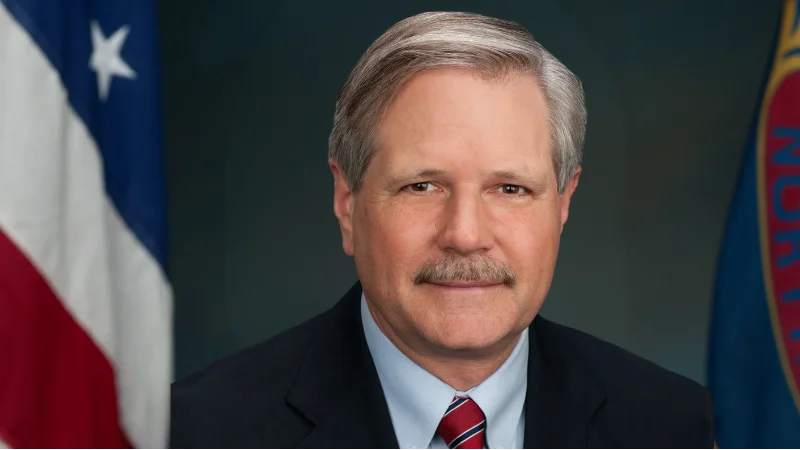
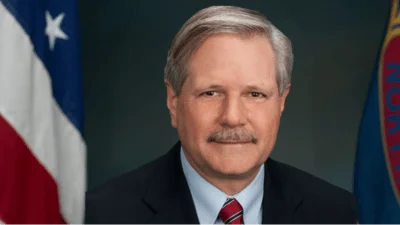
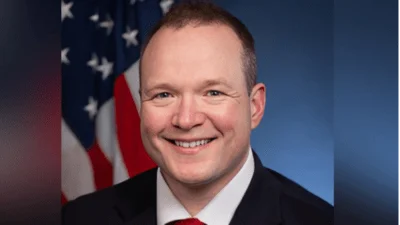
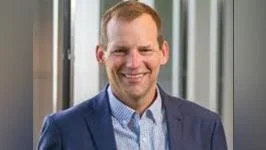
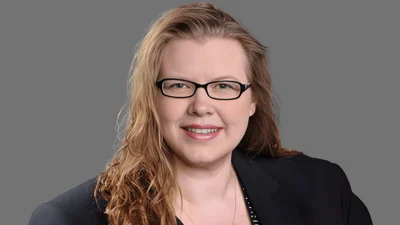

 Alerts Sign-up
Alerts Sign-up